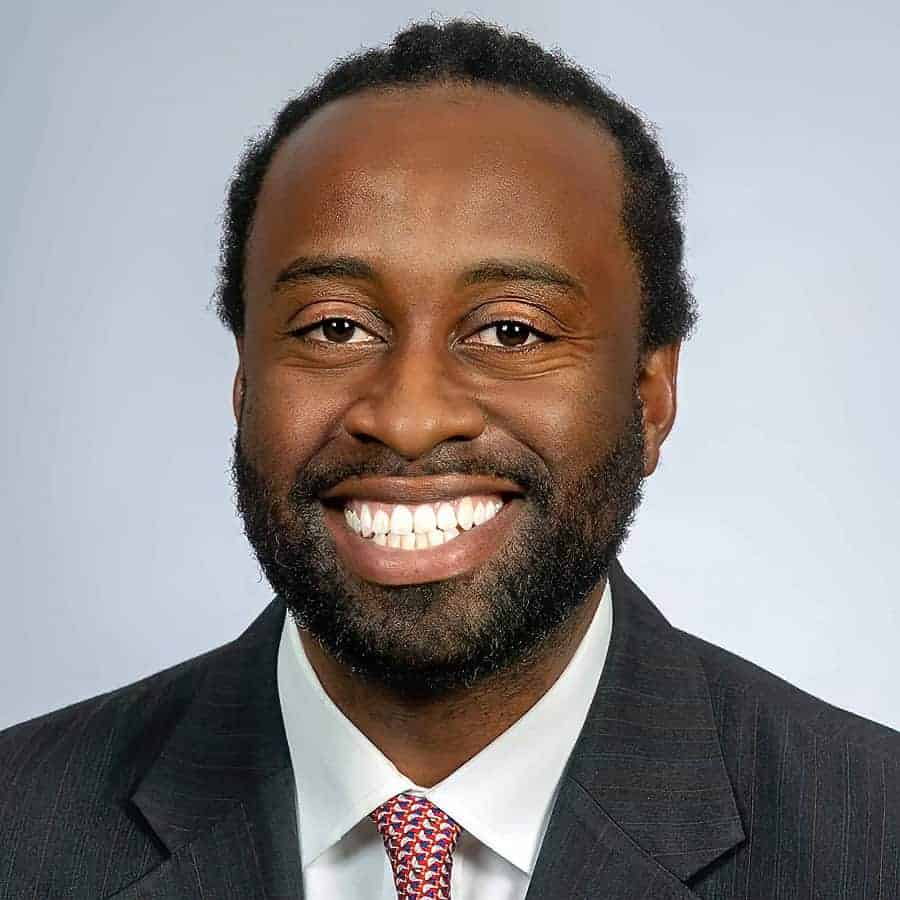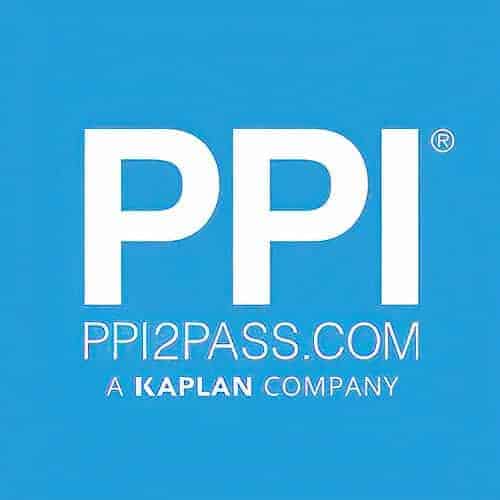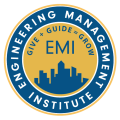In this episode, we talk with Gohe A. Metaferia M.A.Sc., P.Eng., a director of Geotechnical Practice at AtkinsRéalis. He shares insights on how to build and lead successful geotechnical teams, promote innovation and collaboration on complex projects, and integrate international standards into engineering practices.
***The video version of this episode can be viewed here.***
Engineering Quotes:
Here Are Some of the Questions We Ask Gohe:
- What key qualities do you consider essential when assembling successful geotechnical teams?
- How do you create a culture of innovation and collaboration within your team, especially on complex projects involving deep foundations and slope stability?
- Can you describe a challenging project where your leadership significantly impacted the outcome?
- Can you describe three ways to solve a problem that involve the key parties coming together to discuss what the solution means to them?
- What strategies have you used to manage and oversee multiple projects across different regions?
- How has your work with the University of Ottawa’s Civil Engineering Curriculum Advisory Board influenced your leadership approach in geotechnical engineering?
- How do you ensure your geotechnical solutions are effective and sustainable for road and rail infrastructure projects?
- What is the importance of soil improvement techniques in your field?
- How do you incorporate international standards and practices into your projects?
- What final piece of advice would you give to engineers aspiring to become leaders in the field of geotechnical engineering?
Here Are Some of the Key Points Discussed About the Best Strategies for Developing Unbelievably Successful Geotechnical Teams:
- A crucial quality for assembling a successful geotechnical engineering team is having an advocate who understands the intricacies of geotechnical work and can effectively communicate its value to stakeholders, ensuring project acceptance and progress.
- To cultivate a culture of innovation and collaboration within your team on complex projects like deep foundations and slope stability, emphasize open communication, encourage diverse perspectives, and support creative problem-solving approaches.
- Effective leadership in a challenging project can significantly impact outcomes by aligning stakeholders, clarifying roles, and encouraging collaboration among team members from different disciplines. This approach helps resolve ambiguities and focuses efforts toward achieving shared goals, leading to successful project outcomes.
- To solve a problem together, it’s crucial to bring key stakeholders into discussions where they can share their perspectives on what the solution should achieve. This might involve workshops to integrate diverse viewpoints, forming joint task forces for collaborative analysis and solution development, and holding regular meetings to ensure ongoing alignment and adjustment as needed.
- To manage multiple projects across regions effectively, use clear communication, robust project tools, and regular updates with local teams. Technology helps track progress efficiently, ensuring alignment with project goals and timely problem-solving.
- Working with the University of Ottawa’s Civil Engineering Curriculum Advisory Board has influenced Gohe’s leadership approach in geotechnical engineering by aligning it with emerging educational and technological trends, ensuring readiness to address industry challenges effectively.
- To ensure effective and sustainable geotechnical solutions for road and rail infrastructure projects, engineers integrate comprehensive analyses of subsurface conditions, cross-sectional data, and modeling with considerations like time, cost, operational constraints, and environmental impact. This holistic approach ensures infrastructure resilience and long-term performance.
- Soil improvement techniques are vital in geotechnical engineering for stabilizing foundations and structures. They address challenges posed by problematic soils like marine clays or soft soils, ensuring the safety and longevity of infrastructure projects through reliable and sustainable design solutions.
- To incorporate international standards and practices into projects, professionals engage in global technical networks to stay updated on advancements, standards, and best practices worldwide. This ensures projects align with the latest industry norms, benefiting from diverse perspectives and innovative solutions that meet international quality and efficiency standards.
- For engineers aspiring to lead in geotechnical engineering, prioritize continuous learning and adaptability. Embrace diverse experiences to develop strong communication, problem-solving, and teamwork skills essential for navigating complex projects and driving innovation in the field.
More Details in This Episode…
About the Guest: Gohe A. Metaferia, M.A.Sc., P.Eng.

He has developed particular expertise in the fields of deep foundation engineering, retaining walls, slope stability and soil improvement, and has participated in numerous geotechnical studies for industrial projects, as well as roads and rail infrastructure projects across Canada. He has worked on a multitude of projects and undertook the management and oversight of several projects across Canada.
Beyond his current role at AtkinsRéalis as Practice Director for Central and Atlantic Canada, Gohe is an active member and contributor to local, national, and internal technical communities. He is a member of the University of Ottawa Civil Engineering Curriculum advisory board and an active member of the Canadian National Committee at TAC, as well as the Strategic Technical Committee 4.3 Earthworks of the International Roads Association.
About the Host: Jared M. Green, P.E., BC.GE, F.ASCE

Jared is a consultant and team leader who also enjoys mentoring young engineers and first-generation college students. He has been instrumental in increasing the number of pre-college students who are interested in STEAM majors and fields. He strives to make complex engineering topics relatable and understandable to people new to the field and to people who are completely unfamiliar with engineering. Jared and his family currently reside in Flemington, New Jersey. He and his wife have three energetic, inquisitive, and awesome children. You can connect with Jared here.
Sources/References:
AtkinsRéalis
Leda or Champlain Sea Clay
University of Ottawa’s Civil Engineering Curriculum Advisory Board
Connect with Gohe A. Metaferia, M.A.Sc., P.Eng., on LinkedIn
This Episode Is Brought to You by PPI

Please leave your comments or questions in the section below on the best strategies for developing unbelievably successful geotechnical teams.








